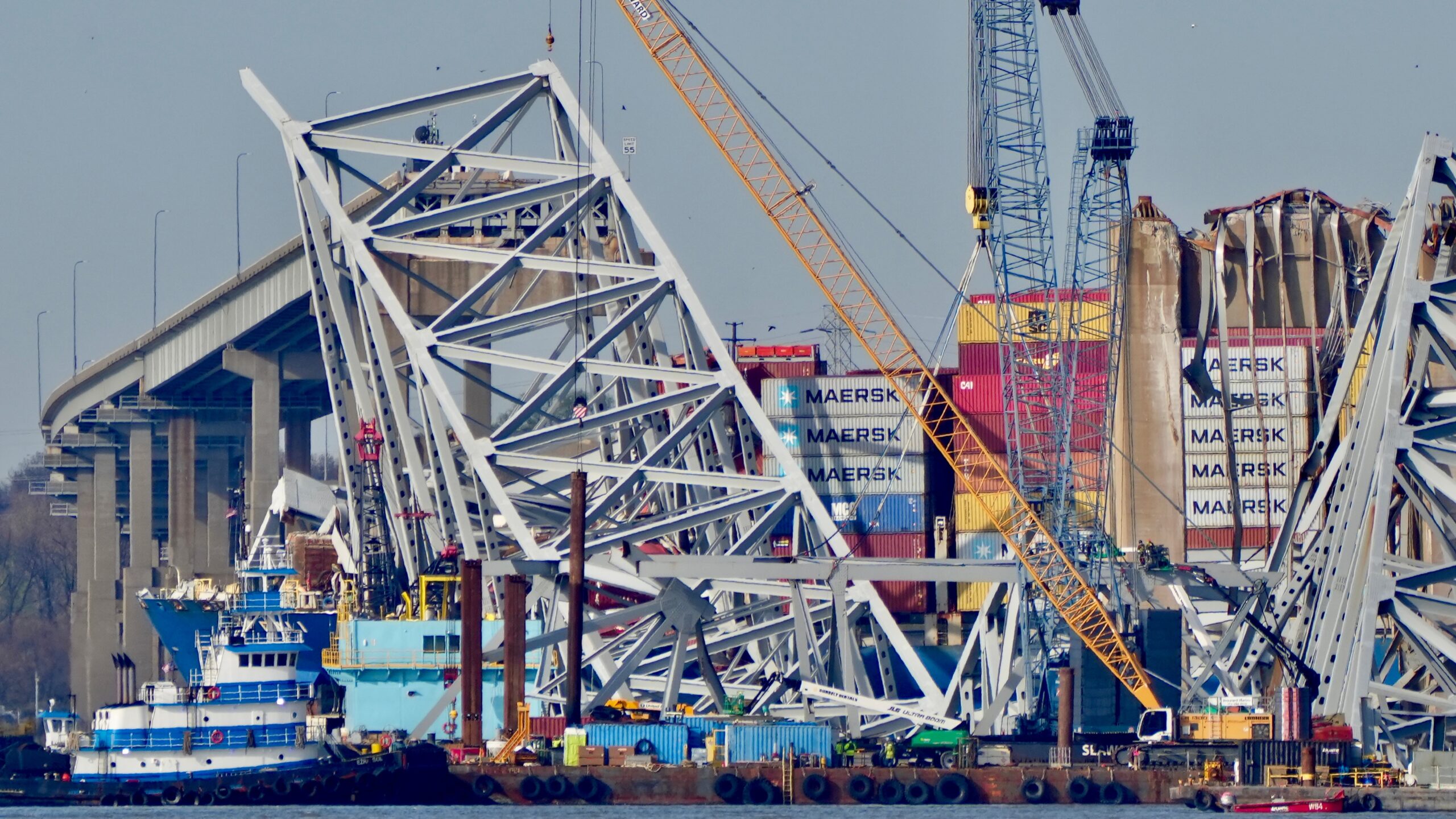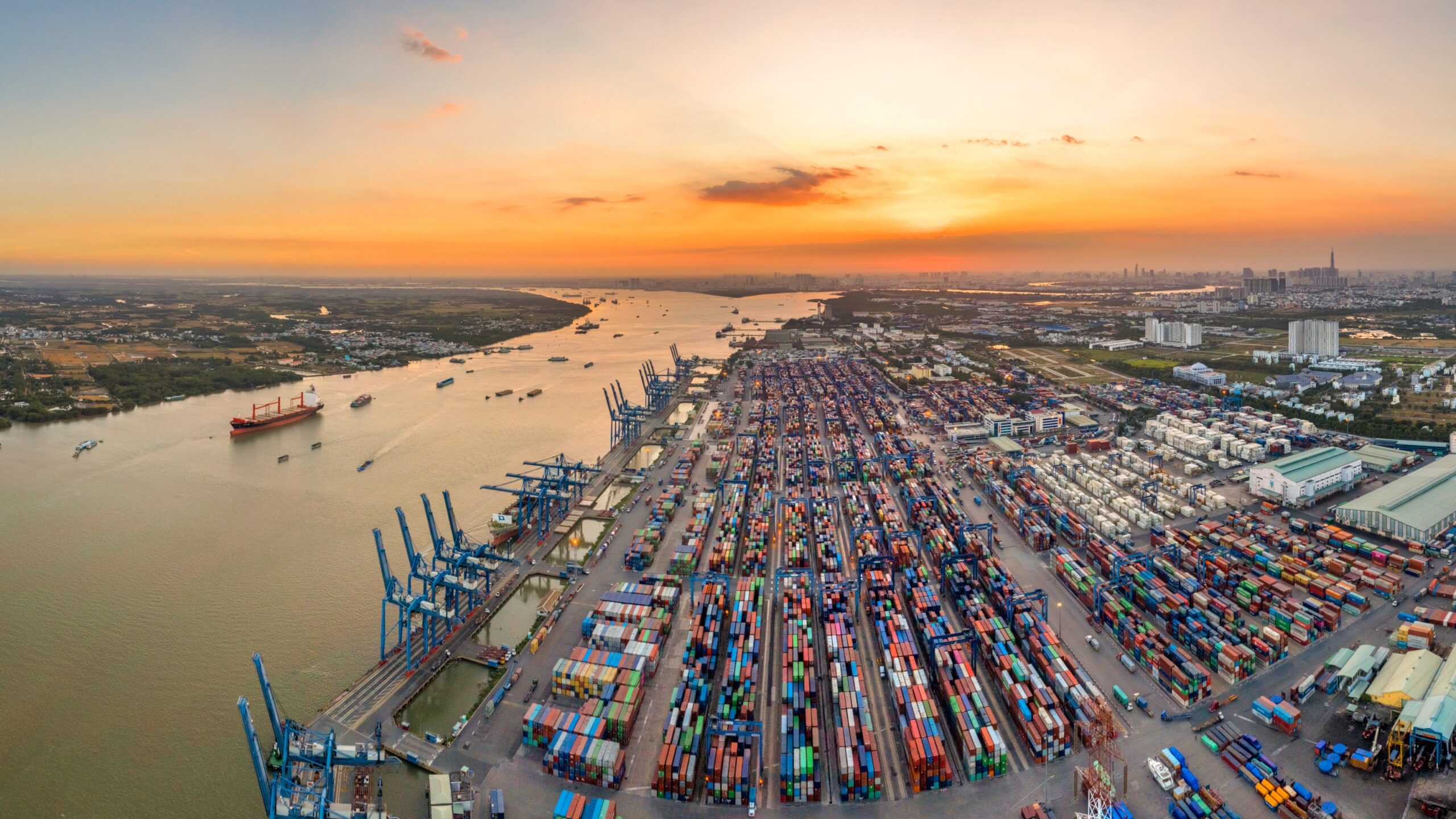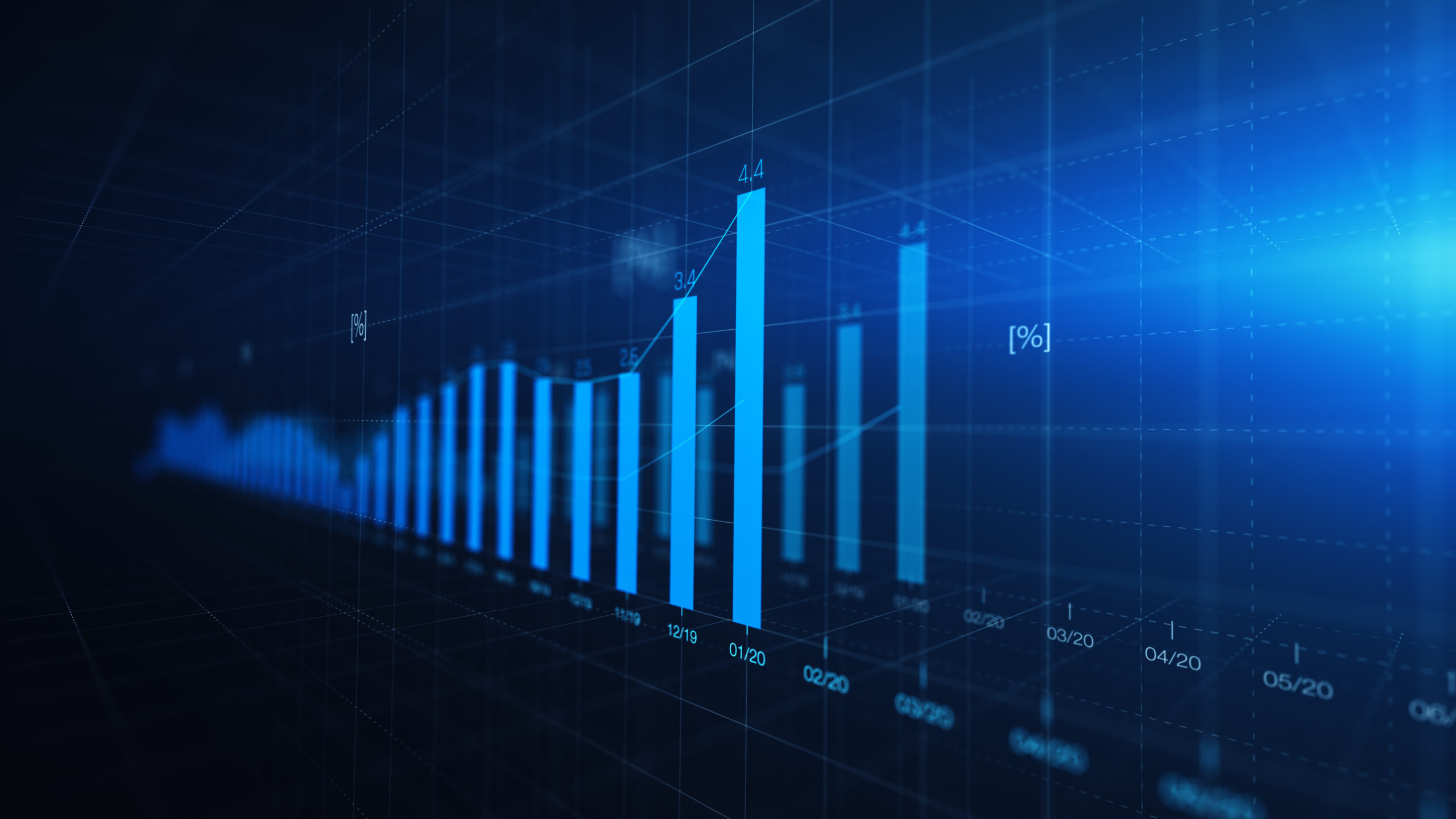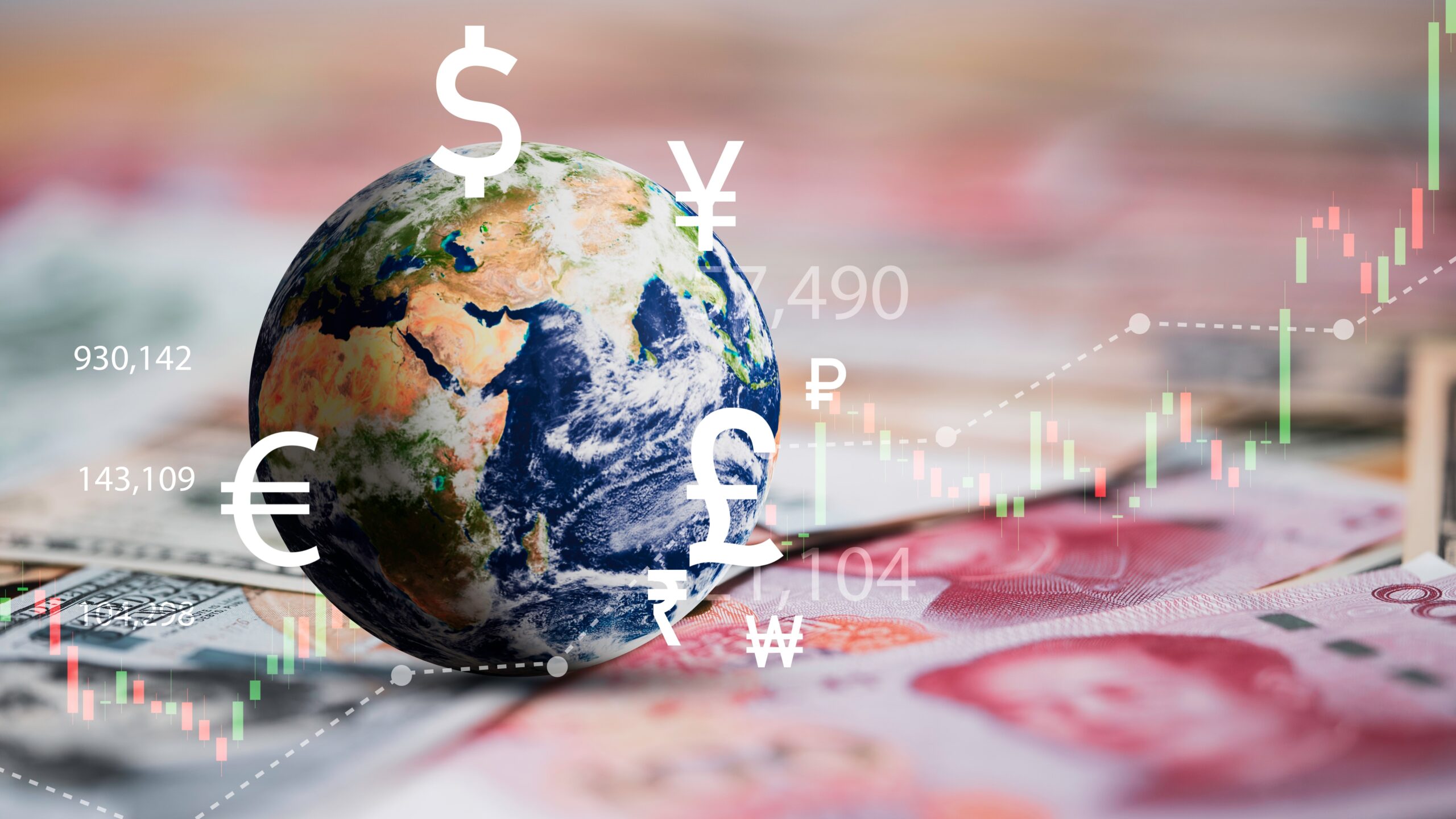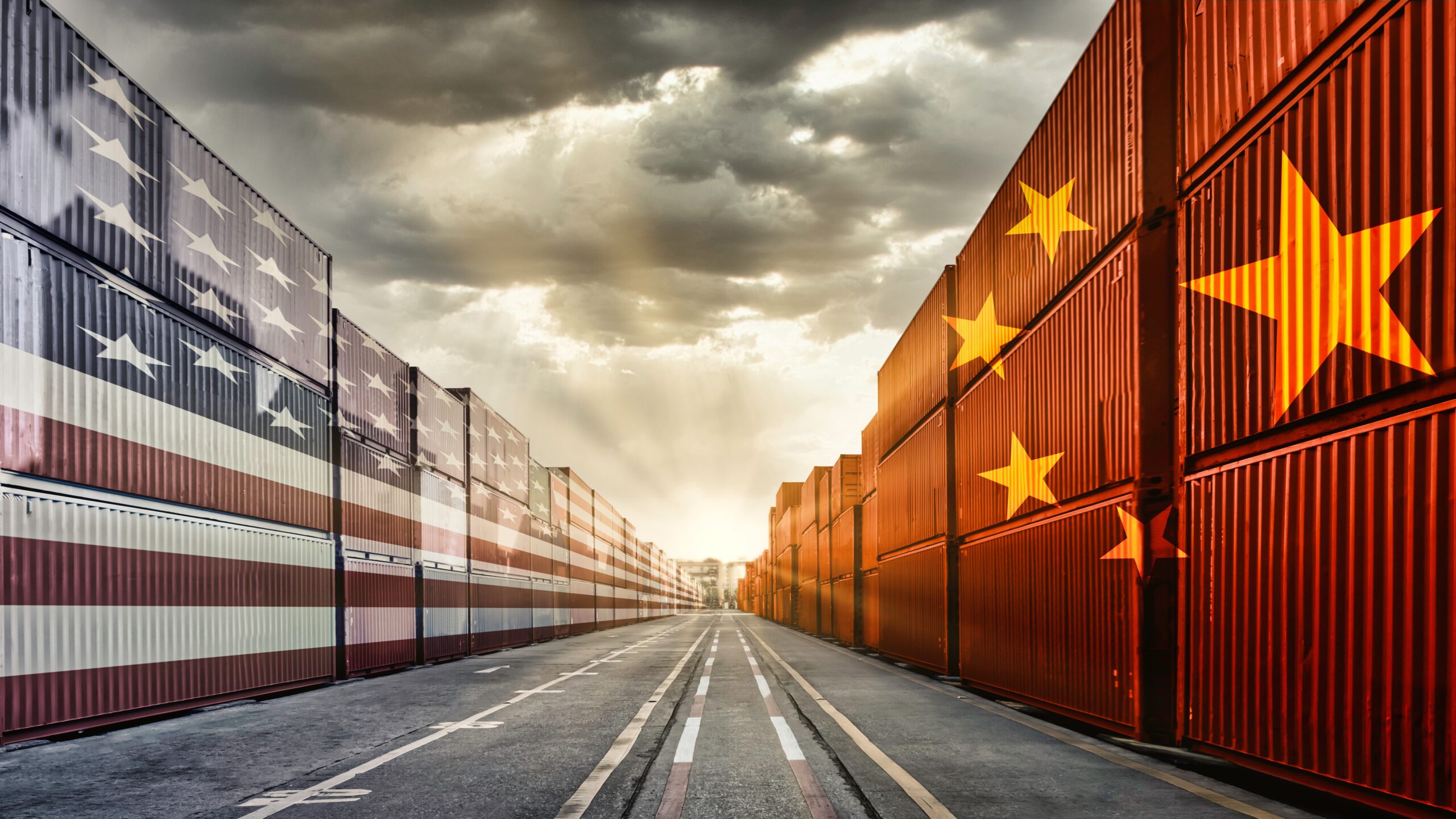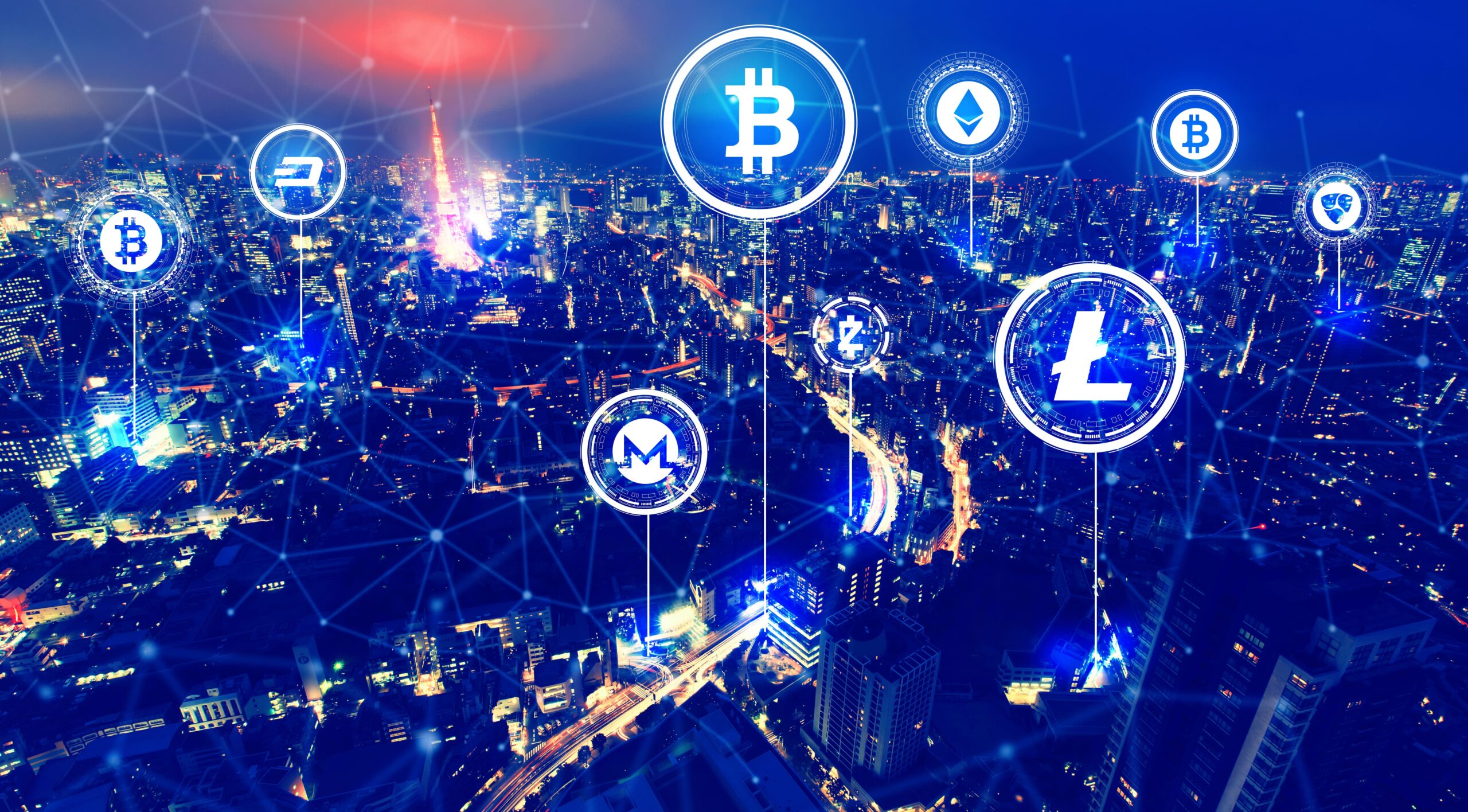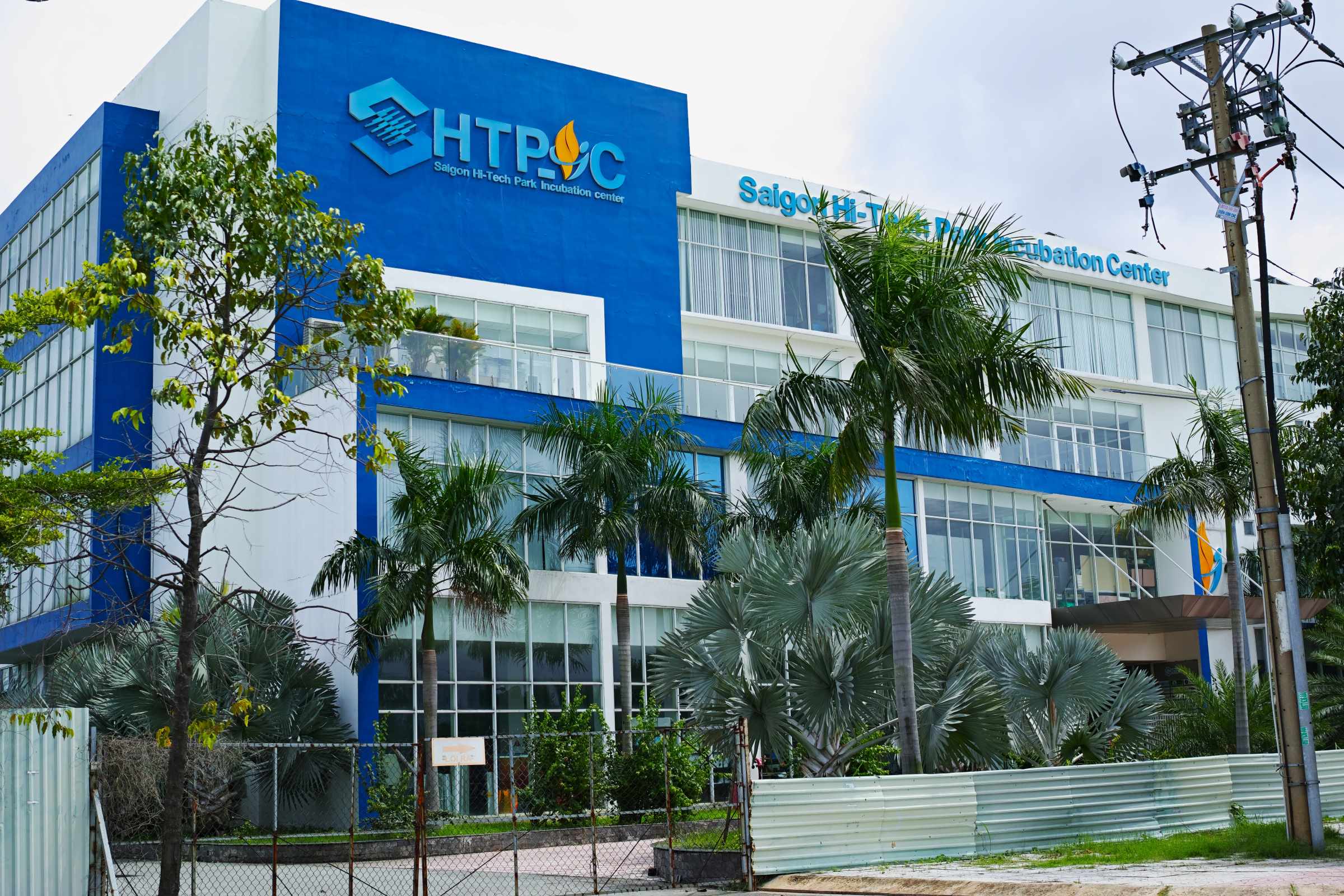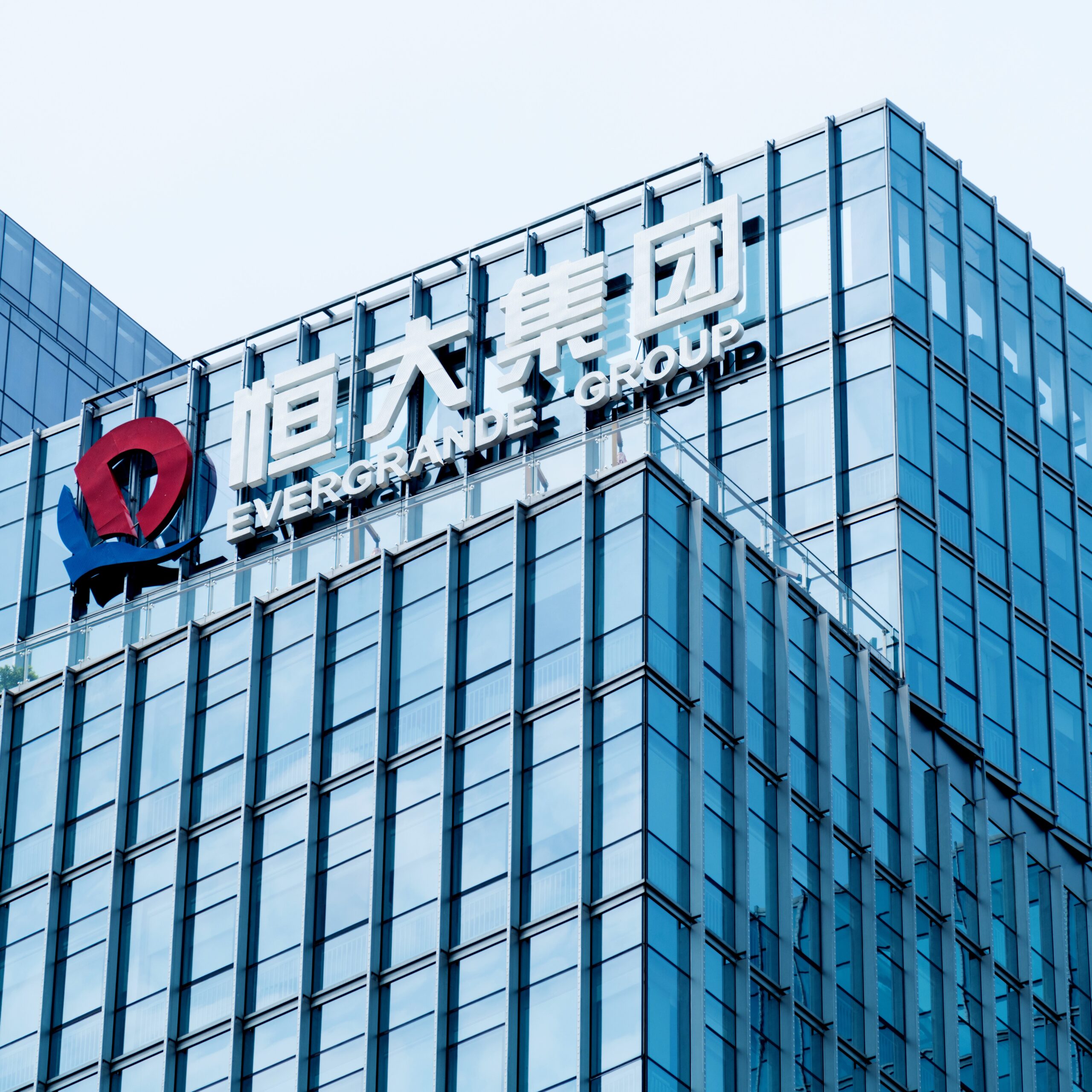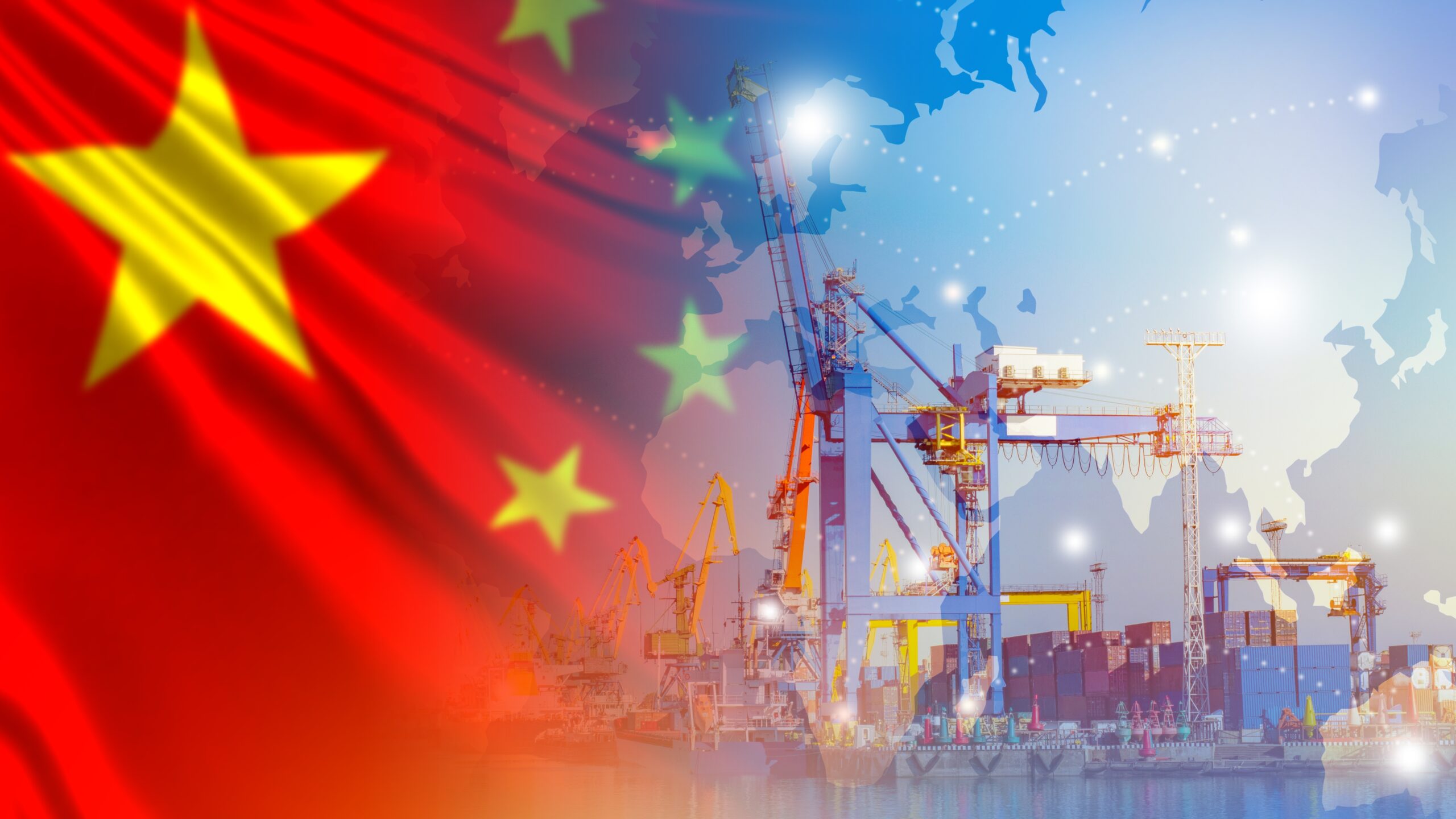A Not-So-Good Morning in Baltimore: What Does Its Port Closure Mean for ASEAN+3 Trade and Supply Chains?
Using the IMF-University of Oxford University PortWatch spillover simulator to analyze the impact of the Baltimore accident on ASEAN+3 trade, the note shows that immediate, direct repercussions for the ASEAN+3 region are small, as is the impact on its network of supply chains.

